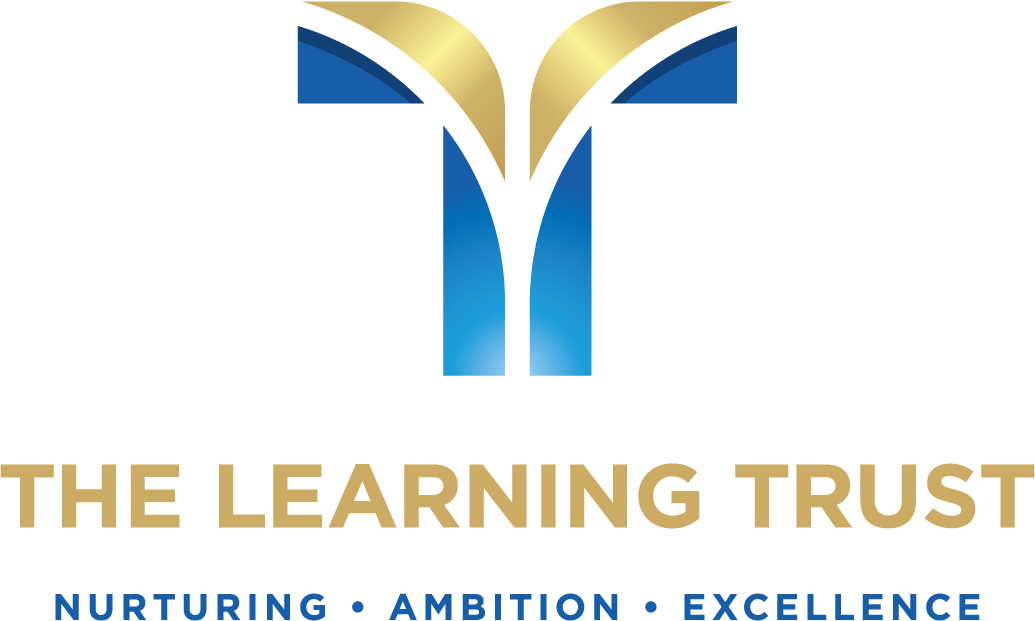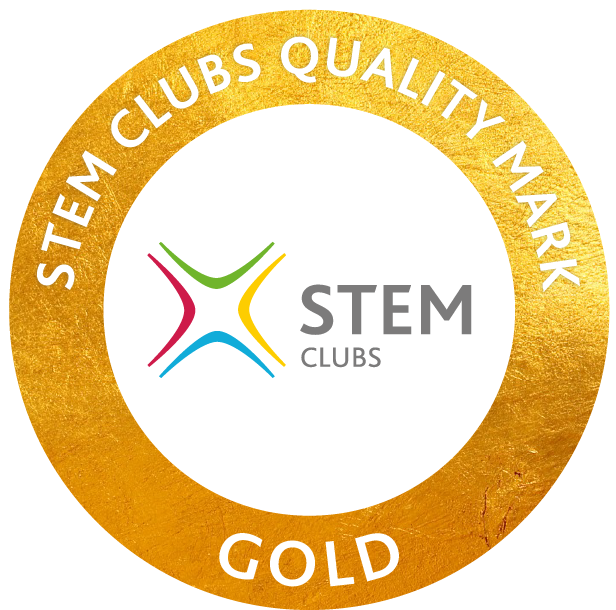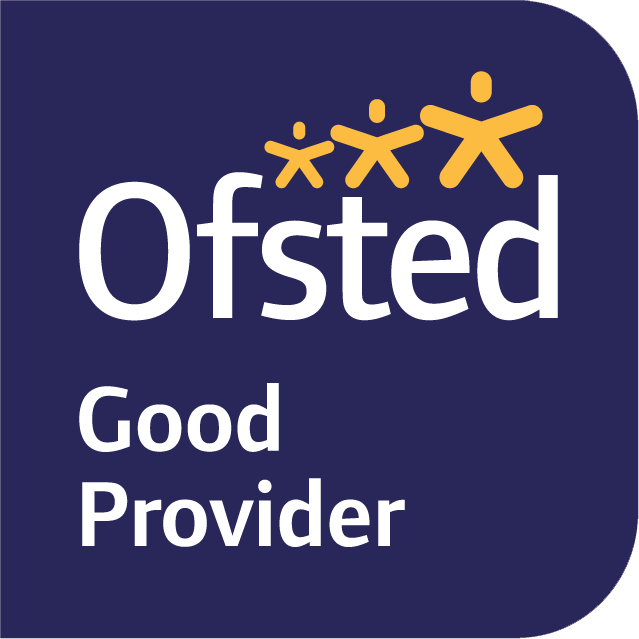Computing/Computer Science
| Subject: | Computer Science |
| Contact: | Mr G Griffiths |
Overview
| QPHS Computing Curriculum Intent | download |
All students study Computing at Key Stage 3, which consists of Computer Science, Digital Literacy and Information Technology. At Key Stage 4 students can opt to do Edexcel GCSE Computer Science. At Key Stage 5 students can study AQA A Level Computer Science. Throughout each Key Stage students develop their computational thinking skills, their knowledge of how computer systems work, how to be confident users of technology and develop skills in using software. Units of work are sequenced to embed and build on knowledge from previous years and to cover all aspects of the National Curriculum in Computing, which includes both technical and creative aspects of the subject.
Key stage 3
Overview
Across Years 7 to 9, students develop their Computing skills in all three areas of the curriculum (Computer Science, Digital Literacy and Information Technology). Units are focused around elements of one of these strands with equal time being given to each over the year. Students start with work that is focused on building the foundations of knowledge needed for future years, for example: students will learn how to program using Scratch in Year 7, this progresses into an Introduction to Python Programming and App Development in Year 8, then into Working with Data in Python and Physical Computing using Python in Year 9.
Curriculum Content
| QPHS Year 7 Computing Curriculum Map | download |
| QPHS Year 8 Computing Curriculum Map | download |
| QPHS Year 9 Computing Curriculum Map | download |
Assessment Criteria
Please find below the assessment benchmarks for Computing. A child progresses across the grid (from A-I) when they demonstrate a deeper knowledge and wider range of skills in each assessment carried out.
Key stage 4
Overview
At GCSE students can opt to do Computer Science. We follow the EdExcel syllabus for Computer Science two exam papers: the first on The Principles of Computer Science and the other on the Application of Computational thinking. The first paper covers five topics numbered 1 – 5. These are: Computational Thinking, Data, Computers, Networks and Security and Impacts of Technology. Paper 2 is a practical programming paper, where the students are given 6 skeleton programs in Python and have to answer questions on each – either editing the code or writing new code in order to solve the problems posed in the questions. Students are taught for 5 hours a fortnight for each subject. Lessons in Computer Science are split roughly 50-50 between ‘theory’ lessons and ‘practical’ programming lessons.
Exam board and course
GCSE Computer Science – Edexcel
Curriculum Content
key stage 5
Overview
Computer Science has computational thinking at its core; thinking that provides solutions to problems, designs systems and recognises the nature of human and machine intelligence. This course is for students with a keen interest in problem solving, who seek a deeper understanding of the inner workings of computers and the programming techniques necessary to solve a myriad of complex problems.
Curriculum Content
Enrichment opportunities
Computer Science catch-up sessions every Monday at lunchtime and Tuesdays after school.









